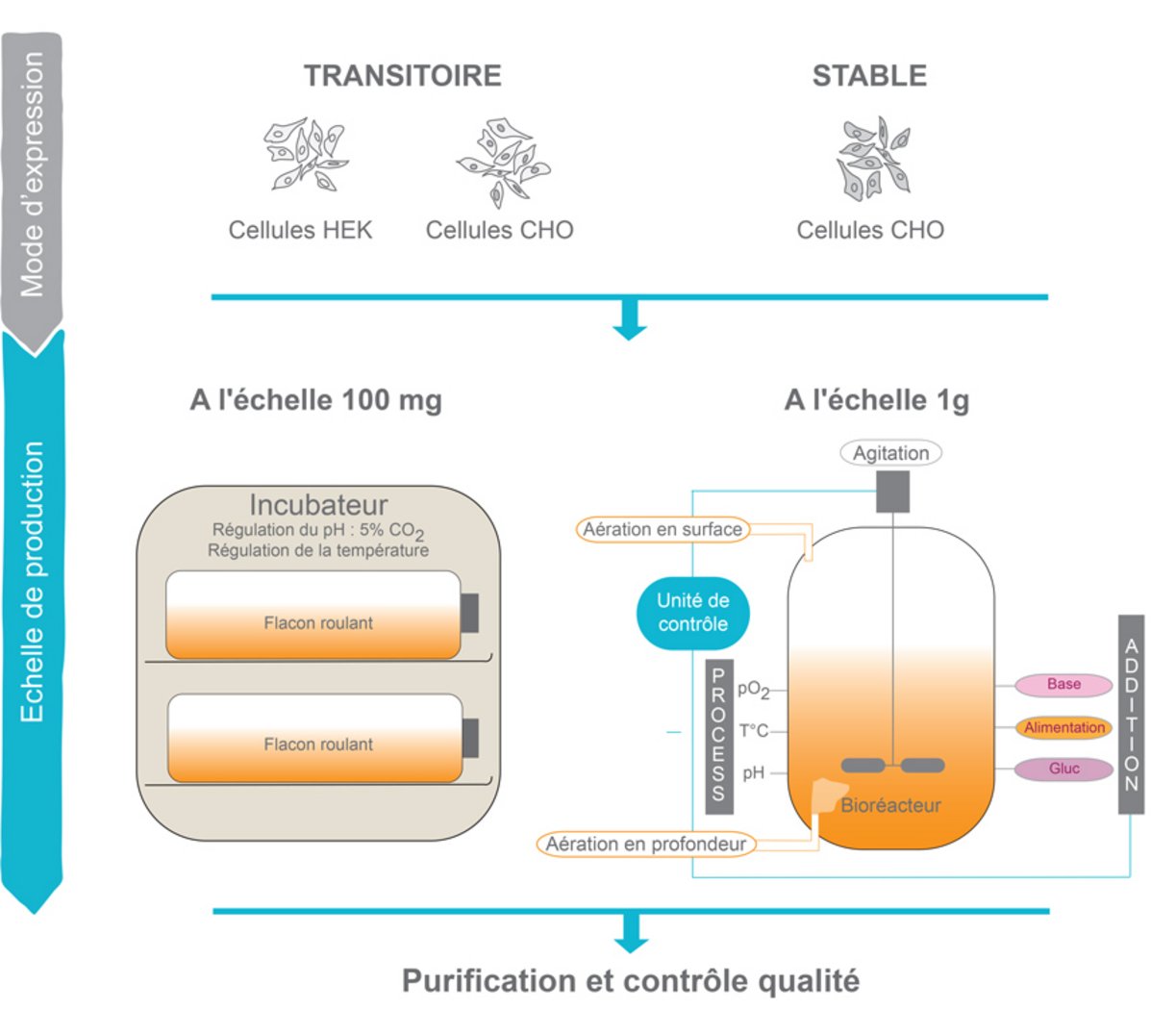North Korea's Infiltration Of US Remote Jobs: The Role Of American Complicity

Table of Contents
The Growing Threat of North Korean Cyber Operations
North Korea's motivation for targeting US remote workers is multifaceted. Financial gain is a primary driver; stealing financial information and cryptocurrency is a lucrative endeavor. Espionage, aiming to acquire sensitive government and corporate data, is another significant objective. Finally, disrupting critical infrastructure remains a potential goal. These operations are highly profitable, allowing the regime to circumvent international sanctions.
North Korea's cyberattacks demonstrate a sophisticated level of planning and execution. They utilize a range of tactics, including highly effective phishing campaigns, malware designed to steal data or disrupt systems, and advanced social engineering techniques to manipulate individuals into compromising security.
- Specific examples of successful attacks: The Lazarus Group, a North Korean state-sponsored hacking group, has been linked to several high-profile attacks, including the 2014 Sony Pictures hack and the 2017 WannaCry ransomware attack. These attacks showcased their ability to penetrate even well-defended systems.
- Types of data targeted: Intellectual property, financial information (bank details, credit card numbers), personally identifiable information (PII), and sensitive government data are all prime targets.
- Methods used: Malware delivery via malicious emails or infected websites, targeted phishing campaigns exploiting social engineering, and exploitation of known software vulnerabilities are all common attack vectors.
American Complicity: Unintentional Aid to North Korean Actors
A significant factor contributing to the success of North Korean cyber operations is the unintentional assistance provided by lax security practices within many US companies employing remote workers. This complicity stems from several key areas:
- Weak passwords and poor password hygiene: Many employees still use easily guessable passwords or reuse passwords across multiple accounts.
- Inadequate employee training: A lack of awareness regarding phishing emails, malware, and social engineering tactics leaves employees vulnerable to attack.
- Outdated software and unpatched vulnerabilities: Failing to update software and address known security vulnerabilities creates exploitable weaknesses in systems.
This combination of weaknesses creates a fertile ground for North Korean actors.
- Examples of common security vulnerabilities: Outdated operating systems, unsecured Wi-Fi networks, and lack of multi-factor authentication (MFA) are commonly exploited.
- Statistics on data breaches related to remote work: The number of data breaches linked to remote work environments is rapidly increasing, highlighting the growing risk.
- Lack of robust security protocols: Many companies lack comprehensive security policies and procedures specifically tailored to remote work environments.
The Role of Outsourcing and Third-Party Vendors
Outsourcing to companies with weaker security practices, particularly those located in regions with less stringent cyber regulations, significantly amplifies the risk. A compromised third-party vendor can serve as a convenient entry point for North Korean actors to infiltrate a company's network. Thorough due diligence in selecting and vetting outsourcing partners is crucial.
- Examples of outsourcing-related cyber security breaches: Numerous instances demonstrate how compromises in third-party vendors have led to extensive data breaches and significant financial losses.
- The importance of supply chain security: Securing the entire supply chain, including all third-party vendors, is paramount in mitigating the risk of North Korean infiltration.
- Best practices for vetting third-party vendors: Companies should conduct rigorous security assessments, require adherence to specific security standards, and regularly monitor vendor security practices.
Combating the Threat: Proactive Security Measures
To combat North Korea's infiltration of US remote jobs, companies and individuals must implement proactive security measures. This includes:
- Multi-factor authentication (MFA): Implementing MFA adds an extra layer of security, significantly reducing the risk of unauthorized access.
- Robust employee training programs: Regular security awareness training is crucial to equip employees with the knowledge and skills to identify and avoid cyber threats.
- Regular security audits and vulnerability assessments: Regularly assessing systems for vulnerabilities and promptly addressing them is essential.
- Implementing strong security software: Employing advanced endpoint detection and response (EDR) solutions can help identify and neutralize malicious activities.
Government and industry collaboration is essential to establish and enforce robust cybersecurity standards for remote work. Shared threat intelligence and collaborative efforts can significantly enhance overall security.
Conclusion
North Korea's infiltration of US remote jobs represents a significant and growing threat. American complicity, in the form of inadequate security practices and a lack of awareness, exacerbates this risk. Proactive security measures are not just a recommendation—they are a necessity. Companies and individuals must invest in robust security solutions, provide comprehensive employee training, and maintain constant vigilance against sophisticated cyberattacks. Ignoring this threat will only invite further exploitation and substantial damage. Take immediate action to strengthen your cybersecurity posture and protect yourself from this escalating danger.

Featured Posts
-
 Q Musics Clash With The Council A Question Of Democracy
May 29, 2025
Q Musics Clash With The Council A Question Of Democracy
May 29, 2025 -
 Alteawn Almayy Alardny Alswry Frs Wthdyat
May 29, 2025
Alteawn Almayy Alardny Alswry Frs Wthdyat
May 29, 2025 -
 Kylian Mbappe And Real Madrid The Quest For All The Titles
May 29, 2025
Kylian Mbappe And Real Madrid The Quest For All The Titles
May 29, 2025 -
 Venlo Man 50 Overleden Na Schietincident
May 29, 2025
Venlo Man 50 Overleden Na Schietincident
May 29, 2025 -
 2025s Must See Horror Bring Her Back A Review
May 29, 2025
2025s Must See Horror Bring Her Back A Review
May 29, 2025
Latest Posts
-
 Sanofi Aktie Steigt Fda Zulassung Fuer Rilzabrutinib Als Orphan Drug
May 31, 2025
Sanofi Aktie Steigt Fda Zulassung Fuer Rilzabrutinib Als Orphan Drug
May 31, 2025 -
 Dren Bio Cede Ses Anticorps Bispecifiques A Sanofi Details De L Accord
May 31, 2025
Dren Bio Cede Ses Anticorps Bispecifiques A Sanofi Details De L Accord
May 31, 2025 -
 Acquisition Sanofi Dren Bio L Avenir Des Anticorps Bispecifiques
May 31, 2025
Acquisition Sanofi Dren Bio L Avenir Des Anticorps Bispecifiques
May 31, 2025 -
 Sanofi Et Dren Bio Un Partenariat Pour Les Anticorps Bispecifiques
May 31, 2025
Sanofi Et Dren Bio Un Partenariat Pour Les Anticorps Bispecifiques
May 31, 2025 -
 Sanofi Acquiert Les Anticorps Bispecifiques De Dren Bio Un Accord Majeur
May 31, 2025
Sanofi Acquiert Les Anticorps Bispecifiques De Dren Bio Un Accord Majeur
May 31, 2025
